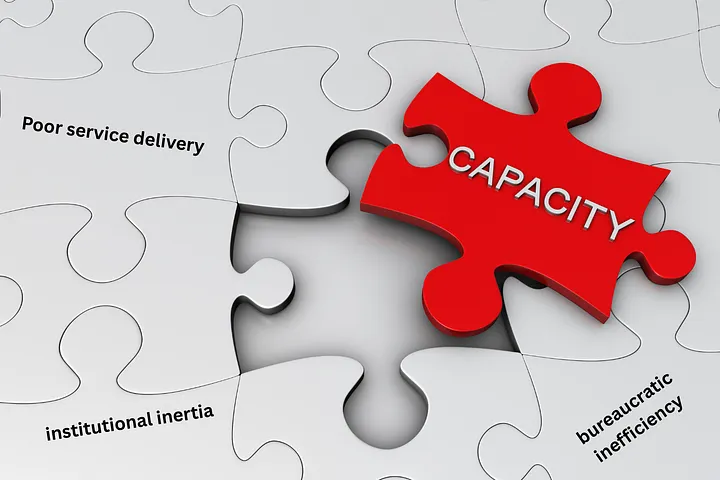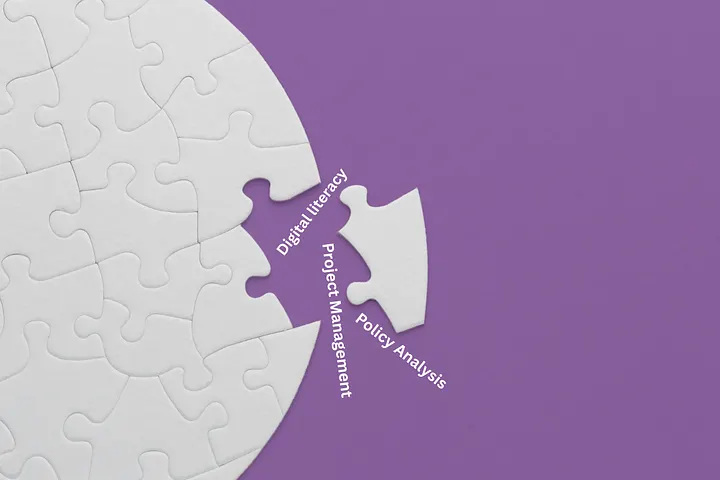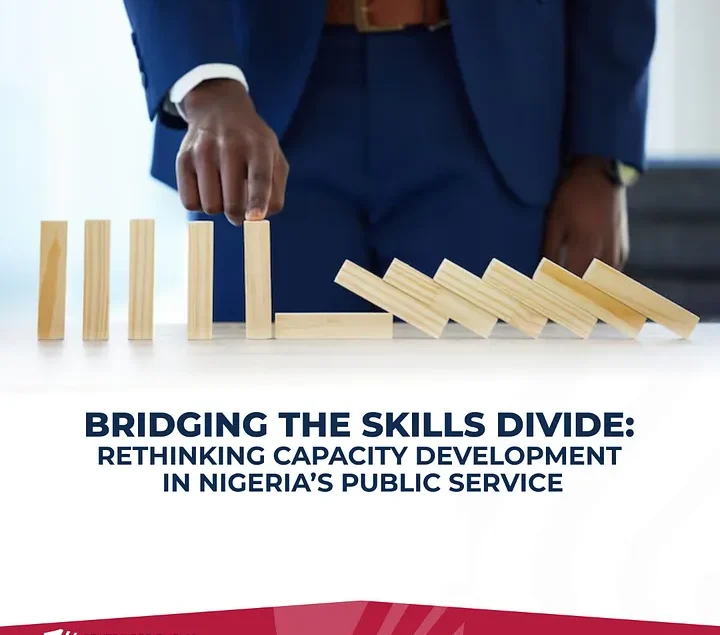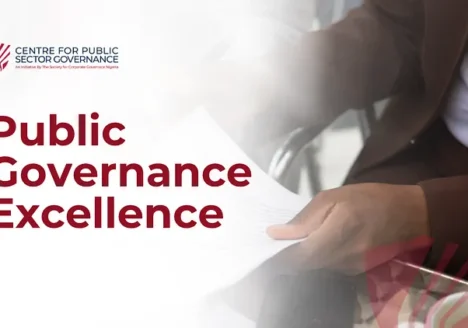Bridging the Skills Divide: Rethinking Capacity Development in Nigeria’s Public Service
The Big Picture
Nigeria’s public service has played a central role in shaping national development — acting as the implementation engine for government policy and public programs. Over the years, several reform efforts have aimed to strengthen this machinery, such as SERVICOM, the National Strategy for Public Service Reform (NSPSR), and initiatives by the Public Service Institute of Nigeria (PSIN). These efforts reflect a clear recognition by policymakers of the importance of an efficient and responsive public sector.
However, as global governance standards evolve and the demands on public institutions grow more complex, it becomes increasingly important to ensure that public servants are equipped with the right skills, tools, and mindset to keep pace. While progress has been made, there remains room for improvement — especially in closing the knowledge and skills gaps that affect policy implementation, service delivery, and institutional resilience.
This piece explores why now is the time to re-evaluate Nigeria’s capacity development strategy, and how drawing on international models could help build a smarter, stronger public service.
The Capacity Conundrum

Capacity development isn’t just about training workshops or more degrees. It’s about cultivating responsive, adaptive, and future-ready public institutions.
Nigeria’s public service has long been burdened by structural and functional inefficiencies. While reform programs like SERVICOM and the National Strategy for Public Service Reform (NSPSR) have attempted to revamp service delivery, many of these efforts fall short due to:
1. Fragmented implementation
2. Poor alignment with actual skills needs
3. Lack of sustainability in training outcomes
As global governance standards evolve — driven by technology, transparency, and citizen demands — the urgency to equip public servants with the right tools and mindset becomes paramount.
What’s Really Missing?

Research shows that public institutions in Nigeria suffer from critical gaps in areas like:
- Policy planning and execution
- Data-driven decision-making
- Performance monitoring and evaluation
- Leadership and strategic thinking
But identifying what’s missing is just one side of the coin. The other is understanding how to fix it — contextually and sustainably.
Learning from Others: Global Lessons, Local Solutions

Countries like Kenya, Ghana, and South Africa have faced similar governance challenges. Yet, through deliberate capacity-building efforts, they’ve begun to turn the tide. Here are a few lessons Nigeria can draw from:
- Kenya’s Huduma Centres: These one-stop government service shops improved citizen satisfaction through workforce retraining and digital integration.
- Ghana’s Civil Service Training Centre Revamp: Focused on continuous professional development, especially in ICT and change management.
- South Africa’s National School of Government: Introduced mandatory, career-based training to build competency pipelines within government roles.
These examples underscore a key point: reform isn’t a one-off project. it’s a systemic, ongoing process.
Toward a Smarter, Stronger Public Service
To continue reading… Visit https://publicsecgov.org/
Have thoughts on how Nigeria can reform its public service? Share in the comments or reach out to continue the conversation.





